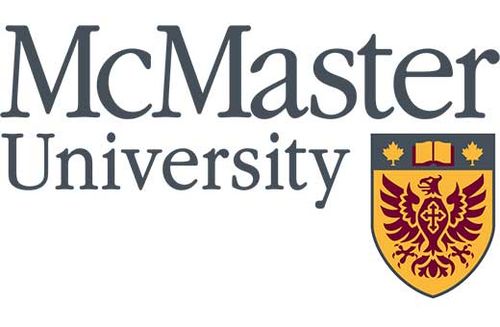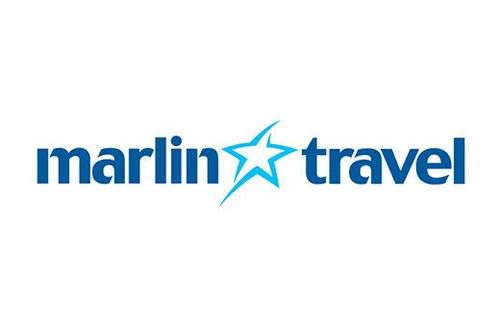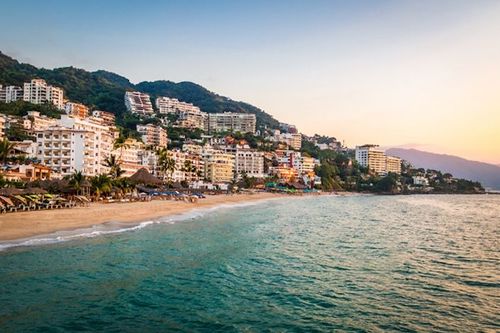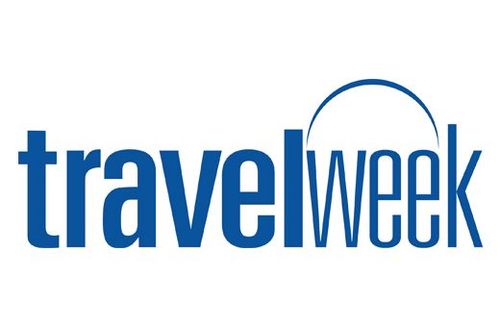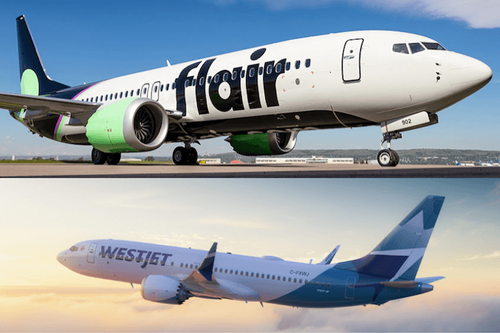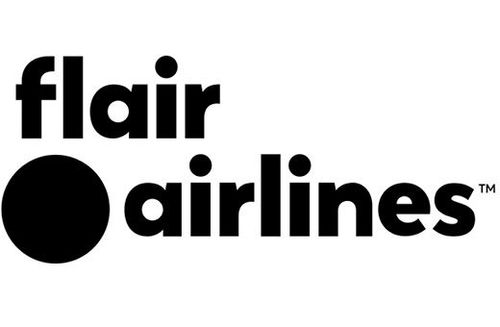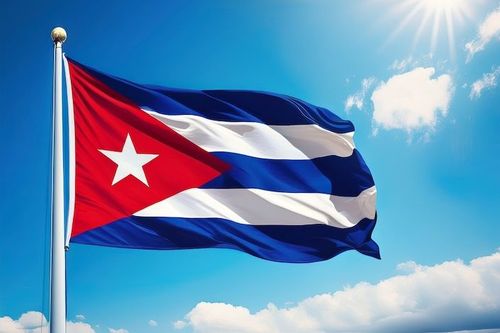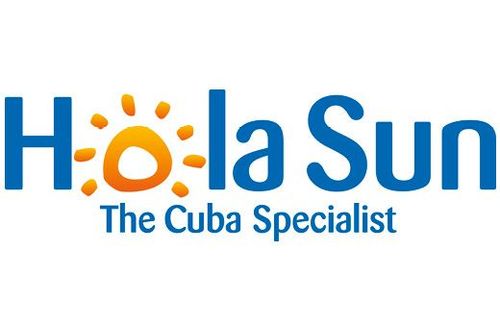Where travel agents earn, learn and save!
News / Interim report shows results of COVID-19 tests for arriving international travellers
A study of international air travellers arriving in Toronto has shown promising results from airport-based COVID-19 testing

November 18 - A study of international air travellers arriving in Toronto has released an interim report, showing encouraging results from airport-based COVID-19 testing followed by home-based collection during quarantine and offering insights that could help shape policy surrounding COVID-19 safety.
McMaster HealthLabs (MHL) has released its Canadian International COVID-19 Surveillance Border Study interim report.
The study, the largest of its kind in the world, was conducted with support from the Government of Canada and in partnership with Air Canada and the Greater Toronto Airports Authority (GTAA).
The study is the largest of its kind in the world. Most other border testing studies have used a “test and release” approach. The MHL study is unique in collecting COVID-19 test data from individuals at three time points: upon arrival, and again at days seven and 14, which provides a comprehensive data set for policy makers.
Interim results are based on more than 20,000 tests conducted on more than 8,600 study participants recruited from September 3 to October 2.
The interim results indicate:
• 99% of study participants tested negative for COVID-19 with 1% testing positive • Of the 1% testing positive for COVID 19: • 0.7% detected on arrival. • 0.3% detected on day 7. • <0.1% detected on day 14 • The pilot phase has demonstrated the feasibility of airport-based testing with self-collected nasal/oral swabs as well as home-based collection during quarantine
The MHL study was established to gather data on COVID-19 infection rates of incoming international travellers, to help determine if an airport-based surveillance program is feasible, to determine whether self-collection of COVID-19 testing is effective, and to explore options regarding the 14-day quarantine for international travellers.
The study was conducted between September 3 and November 14. It is anticipated that the final report will be based on more than 16,000 participants completing more than 40,000 tests.
“The border study provides public health officials with critical information to support decision making through the pandemic,” said Marek Smieja, MHL scientific director, co-principal investigator of the study and a professor of pathology and molecular medicine at McMaster University.
“In addition to demonstrating the feasibility of conducting COVID-19 testing at the airport, the study has also shown the effectiveness of a self-collected COVID-19 sample using a cheek and nasal swab that is completed in minutes.”
Experts agree that COVID-19 will be with us for some time and that testing will be a critical part of the strategy needed to keep borders open and to stop restrictive lockdowns to contain the virus – even if a vaccine emerges.
“Interim results from the border study support a test and reduced quarantine approach such as that being piloted in Calgary,” said Vivek Goel, co-principal investigator of the study, professor at the University of Toronto and a former CEO of Public Health Ontario.
“Testing upon arrival with a follow-up test to catch later positive results could provide a reasonable path forward to help keep borders and the economy open while maintaining public safety.”
Air Canada chief medical officer Jim CHung called the interim results encouraging and said they “provide robust data for governments to make science-based policy decisions with respect to safely reopening our country.”
“The updated results strongly suggest that some form of a testing regime can provide a viable alternative to a blanket, 14-day quarantine requirement and also provide a mechanism to reduce travel restrictions more generally,” said Chung.
“The Greater Toronto Airports Authority remains committed to protecting the health and wellbeing of passengers and airport workers, using a science-based approach,” said Deborah Flint, president and CEO.
“Today’s announcement by McMaster HealthLabs shows that the current response to COVID-19 can be refined based on scientific findings, including these from the largest COVID-19 study of its kind in the world. We welcome the opportunity to continue collaborating with the Government of Canada, determining the next steps toward a safe, responsible resumption of international travel.”
A final report of the study will include information on infection rates within age groups and across genders, as well as data on the psychological impact of quarantine.
The study has been conducted in accordance with research ethics board-approved scientific protocols. Consenting participants provided a sample to MHL researchers before leaving the airport and then supplied two additional samples self-collected at seven and fourteen days after arrival, coinciding with Canada’s current quarantine period. Study samples have been analyzed at the Research Institute of St. Joe’s Hamilton using the gold standard PCR testing for COVID-19 detection.
More Travel News:
Dutch and French Tourism Offices launch inspirational video
Breaking: Boeing 737 MAX recertified in the United States
Expedia and ARC release 2021 travel trends report
Latest revisions to the travel requirements for St. Kitts and Nevis



